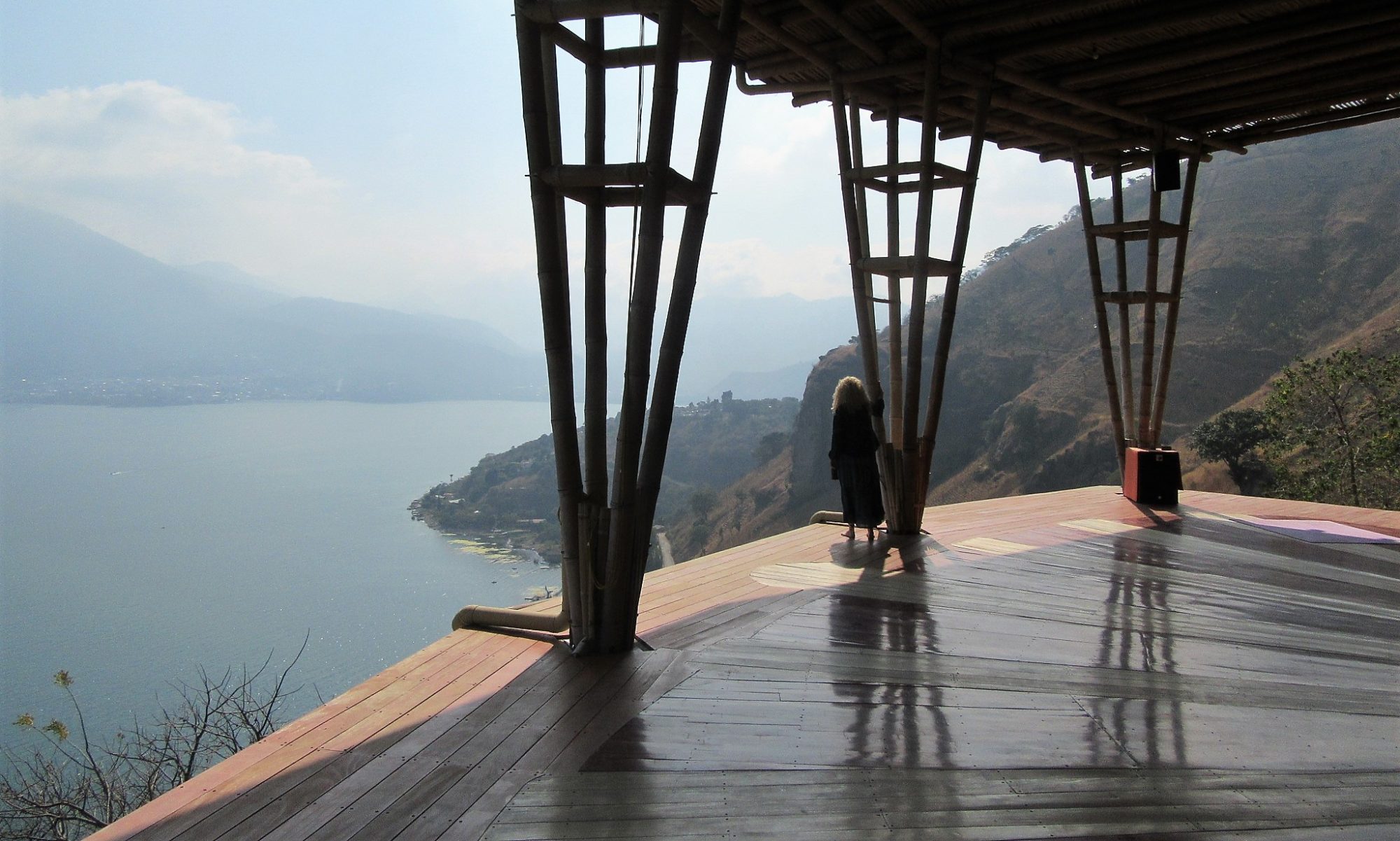By William T. Hathaway
Humanity is in crisis. Our social structures are crumbling. Institutions that had seemed secure are now breaking apart. Politicians are figures of contempt. Once-respected news sources are distrusted. Schools have devolved into internment camps. A dozen war flags rally us into battle. Our punch-drunk planet is staggering on the ropes. People are dropping dead from the virus and from the vaccine that’s supposed to prevent it. Political polarization is destroying friendships. The economy is lurching around, torn by contradictory pressures. Explanations for the chaos abound, but attempts at solutions are stalemated.
However we react to this crisis – by revolutionary action to overthrow the established order, or by conservative action to defend it, or by a simple desire to survive in peace – to be effective we need to maintain inner calm and stability. Otherwise we’ll be swept up in the chaos and become its victim.
Transcendental Meditation is a good way to achieve this inner calm and stability. It’s the most scientifically researched method, and millions of people practice it worldwide. It uses a special technique of effortless, non-concentrative thinking that makes it fundamentally different from other forms of meditation.
Since we are so accustomed to concentrated, focused thinking, we need training in this new method. Although TM is very easy to do, learning how to do it takes personal instruction over a period of time. This results in its only drawback: it costs quite a bit to learn. I’ve seen internet sites that claim to teach it, but they’re not authentic.
Some people believe that meditation was free in ancient times and should be now, but that’s a nice-sounding myth. In Vedic times the people were obligated to care for and support their spiritual teachers. In our times that’s done with money. Maintaining a large international organization requires finances. Without the organization, the teaching wouldn’t be available worldwide.
Maharishi experienced how colonial exploitation had impoverished India and saw how Western countries still benefit from neo-imperialism in the global South. The fees charged for learning TM in the West subsidize low-cost instruction in South America, Africa, and Asia.
This painful issue is part of the overall crisis of humanity. Capitalism can’t continue the way it is. It’s starting to fall apart, and nations are fighting for bigger pieces of it before the collapse. Since that’s the material basis of our lives, we sometimes feel we are falling apart. Some of us freak out.
Which brings us back to the need to stay grounded in ourselves so we can act effectively amid all the seismic shocks that keep rolling through us. Meditation helps us develop an inner unshakability, a great asset in times like these.
*
William T. Hathaway is an award-winning novelist and an emeritus Fulbright professor of creative writing. His peace novel, Summer Snow, is the story of an American warrior falling in love with a Sufi Muslim and learning from her that higher consciousness is more effective than violence. Chapters are posted at http://shattercolors.com/fiction/hathaway_summersnow01.htm.


